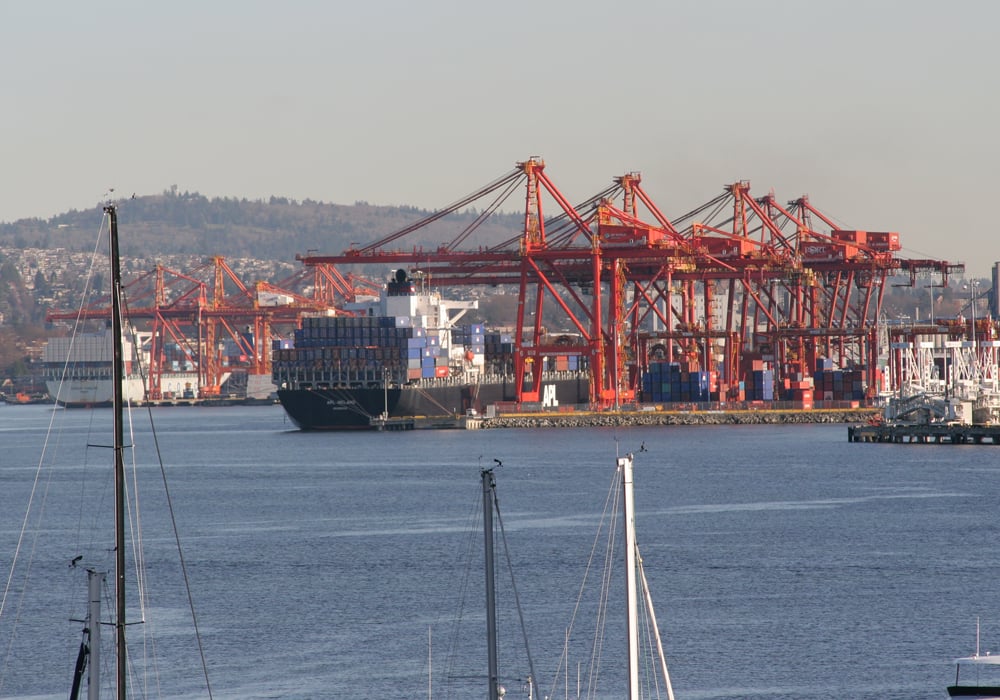Unionized workers at west coast export terminals voted overwhelmingly last week in support of strike action.
In a membership vote held May 8-9, workers represented by the International Longshore and Warehouse Union (ILWU) Canada voted 98.4 percent in favour of strike action, if necessary.
About 2,400 workers were eligible to cast ballots in last week’s strike vote.
A bargaining committee has been negotiating for a new contract for the past 18 months.
The previous eight-year contract between affected ILWU members and the B.C. Maritime Employers Association (BCMEA) expired in March 2018.
Read Also

Powerful solar storm lights up night time sky
Prairie skywatchers have been on high alert the last few nights as spectacular aurora displays have made the night time…
The ongoing labour negotiations affect workers at all west coast container terminals and bulk export terminals.
Workers at grain-only export terminals on the West Coast are covered by a different contract and would not be affected.
However, the movement of containerized agricultural commodities and some grain exports could be impacted if labour negotiations hit an impasse.
In a May 13 interview, ILWU Canada president Rob Ashton said the vote does not necessarily mean that a strike will take place.
“If the bargaining deems it necessary, they could issue 72-hour strike notice,” he said.
“But we have additional bargaining dates set for the week of May 21. We are still somewhat hopeful that we’re going to get a deal.”
Ashton said automation is one of the major bargaining issues. He said automation of container terminal operations could reduce labour requirements by 80 to 90 percent.
















